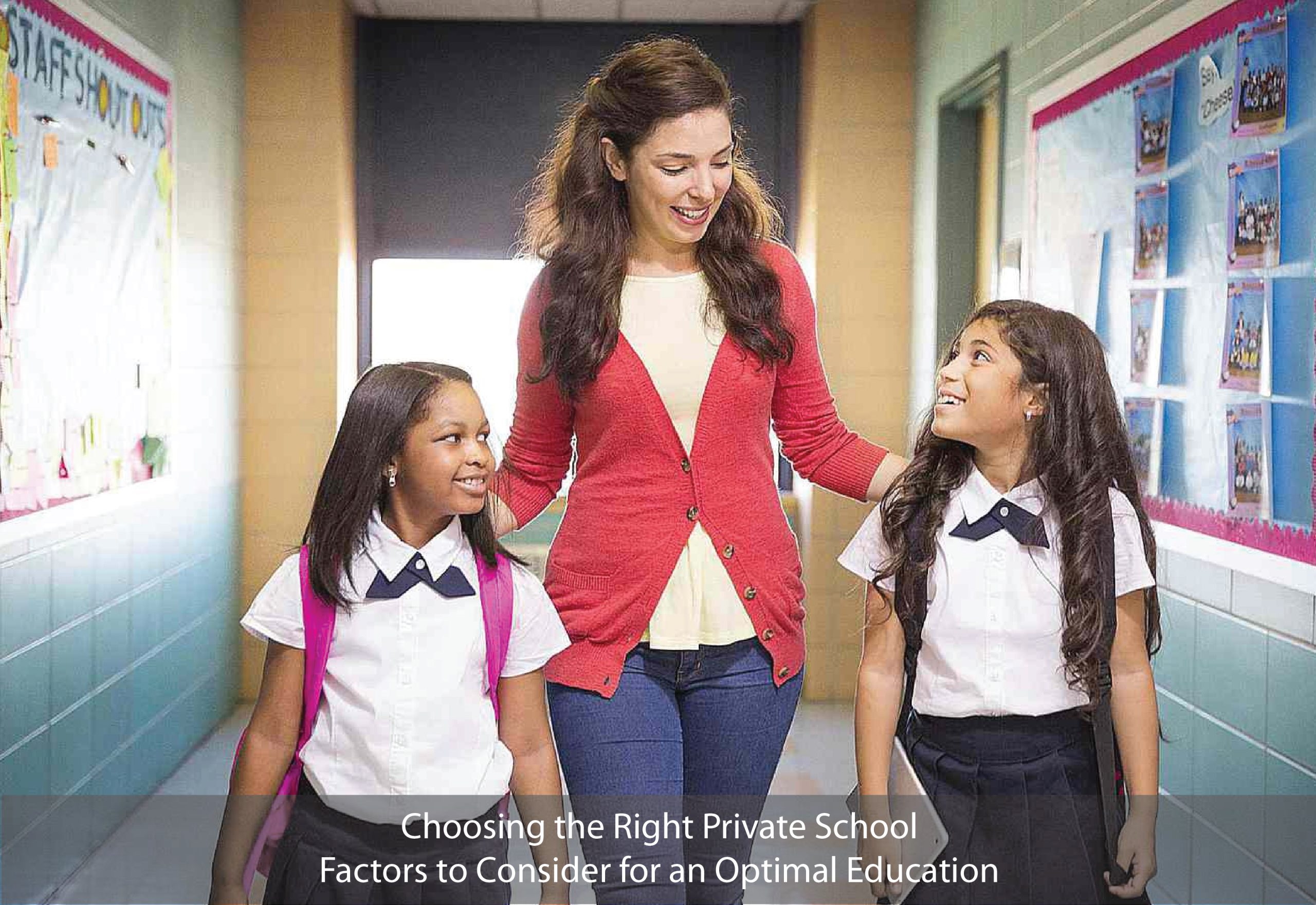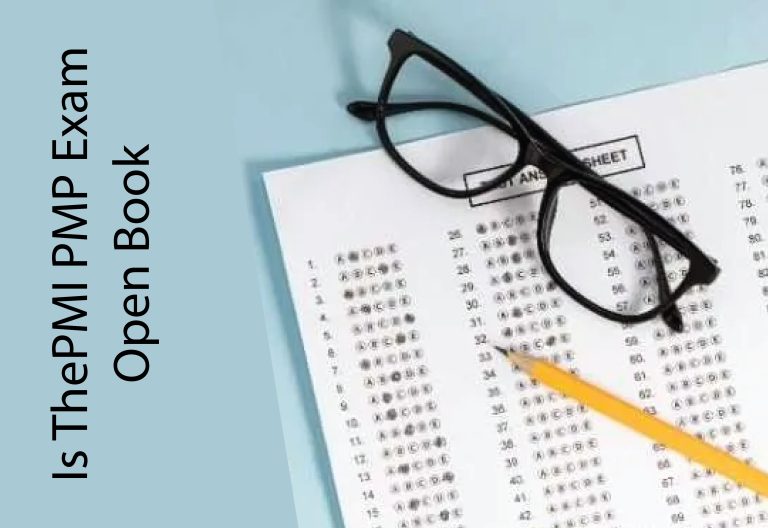Choosing the Right Private School: Factors to Consider for an Optimal Education
Selecting the right private school for your child is a significant decision that can profoundly impact their educational journey. With numerous options available, it is essential to consider various factors to ensure you make an informed choice. In this comprehensive guide, we will explore the key factors to consider when choosing a private school, drawing from the valuable insights provided in the article “Choosing the Right Private School: Factors to Consider” by Brazendenver. By examining these factors in detail, parents and guardians can navigate the selection process confidently and find a school that aligns with their child’s needs and educational goals.
Educational Philosophy and Approach
A private school’s educational philosophy and approach play a vital role in shaping your child’s learning experience. We discuss different educational philosophies, such as Montessori, Waldorf, and traditional approaches, and explore how they impact teaching methods, curriculum, and student engagement. Understanding the school’s educational philosophy will help determine if it resonates with your child’s learning style and values.
Academic Excellence and Curriculum
A private school’s academic program and curriculum significantly impact your child’s educational development. We delve into the importance of assessing the school’s academic rigor, curriculum content, and alignment with educational standards. We also consider factors such as extracurricular activities, Advanced Placement (AP) courses, and specialized programs that enhance the overall academic experience.
Class Size and Teacher-Student Ratio
Class size and teacher-student ratio directly influence the quality of instruction and personalized attention your child will receive. We discuss the benefits of smaller class sizes, individualized instruction, and opportunities for student-teacher interaction. Understanding the school’s commitment to maintaining an optimal teacher-student ratio can help ensure your child receives the necessary support and guidance to thrive academically and emotionally.
School Culture and Values
The school’s culture and values greatly impact your child’s overall experience and character development. We explore the importance of assessing the school’s mission statement, core values, and commitment to fostering a positive and inclusive environment. Considering factors such as diversity, community involvement, and the promotion of social-emotional development will help you gauge if the school’s culture aligns with your family’s values.
Facilities and Resources
The school’s facilities and resources significantly improve students’ learning environments and opportunities. We discuss the importance of evaluating the quality of classrooms, libraries, science laboratories, technology integration, and athletic facilities. Adequate resources and well-maintained infrastructure can enhance your child’s educational experience and support their holistic development.
Extracurricular Activities and Enrichment Programs
Extracurricular activities and enrichment programs play a crucial role in a well-rounded education. We explore the benefits of assessing the range of clubs, sports, arts programs, community service initiatives, and other opportunities for student involvement. These activities foster creativity, teamwork, leadership skills, and personal growth beyond the classroom.
Parental Involvement and Communication
Effective communication and parental involvement are vital for a successful school-family partnership. We discuss the importance of evaluating the school’s communication channels, parent-teacher associations, and opportunities for parental involvement. A strong connection between the school and families promotes collaboration, supports student success, and creates a sense of community.
Affordability and Financial Aid
Private school tuition and affordability are vital considerations for many families. We explore the importance of evaluating the school’s tuition structure, fees, and available financial aid or scholarship opportunities. Understanding the financial aspects will help you make an informed decision while considering your family’s budget and long-term financial planning.
Reputation and Accreditation
The reputation and accreditation of a private school can provide insights into its academic standards and overall quality. We discuss the importance of researching the school’s reputation, reviewing accreditation status, and considering external evaluations or rankings. These factors can indicate the school’s commitment to excellence and adherence to recognized educational standards.
School Location and Commute
The school’s location and commute are practical factors to consider. We explore the importance of evaluating the school’s proximity to your home or workplace, transportation options, and the commute’s impact on your child’s daily routine. Considering these factors will help you assess the feasibility and convenience of the school location.
Conclusion
Choosing the right private school for your child requires careful consideration of multiple factors. By evaluating the educational philosophy, academic excellence, class size, school culture, facilities, extracurricular activities, parental involvement, affordability, reputation, and location, you can make an informed decision that aligns with your child’s needs and aspirations. Remember to visit the schools, meet with administrators and teachers, and involve your child in decision-making. With thorough research and a clear understanding of your child’s educational goals, you can select a private school that provides a nurturing and enriching environment for their academic, personal, and social development.






